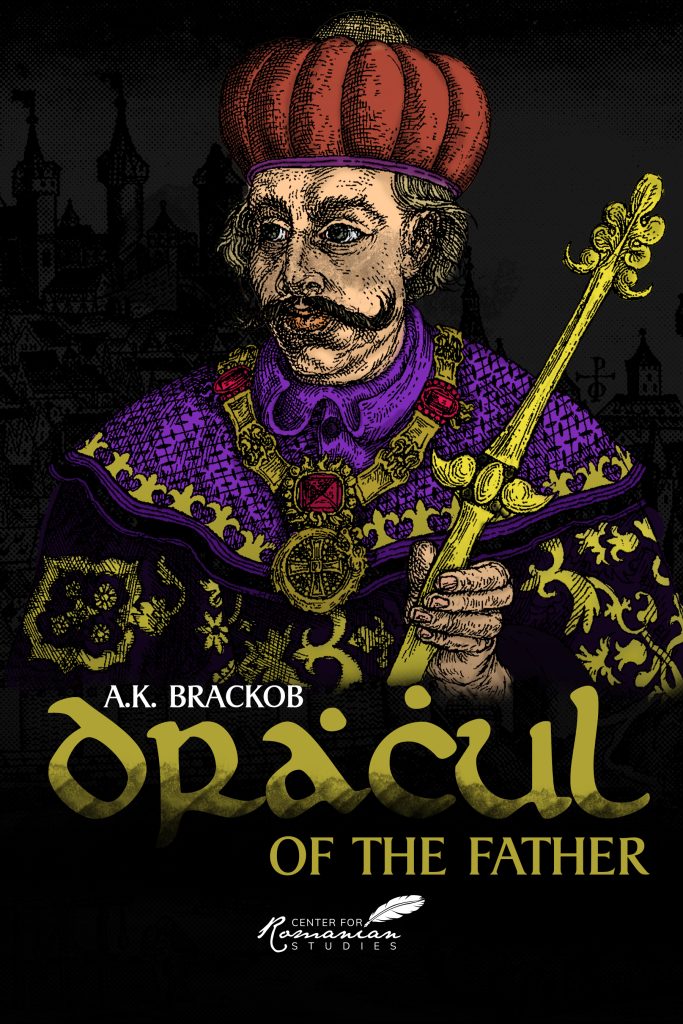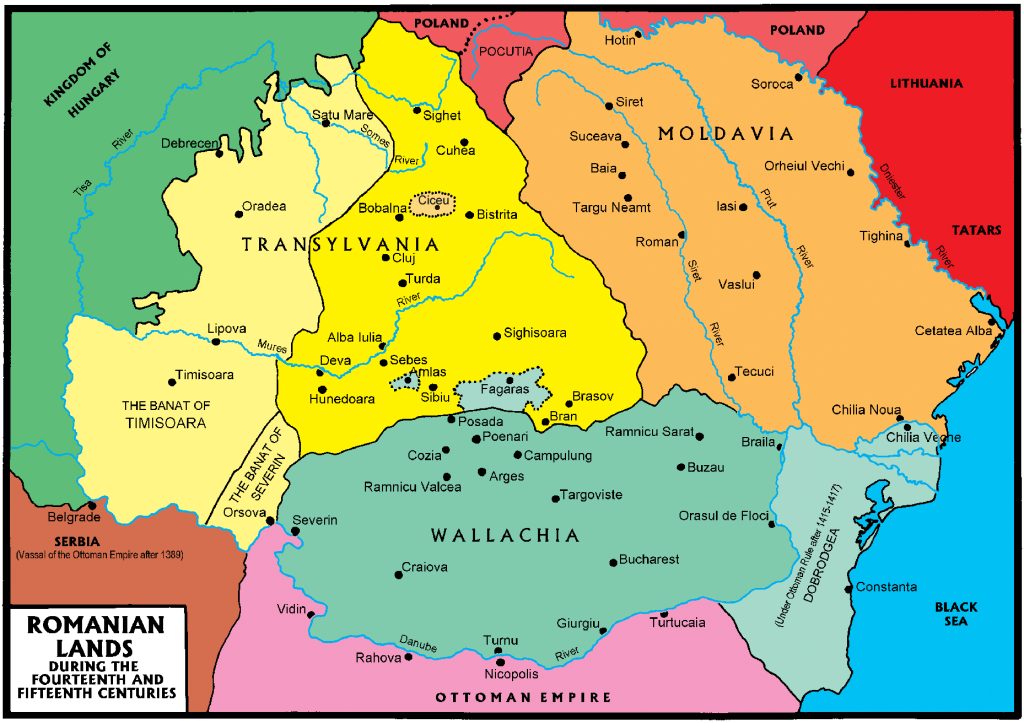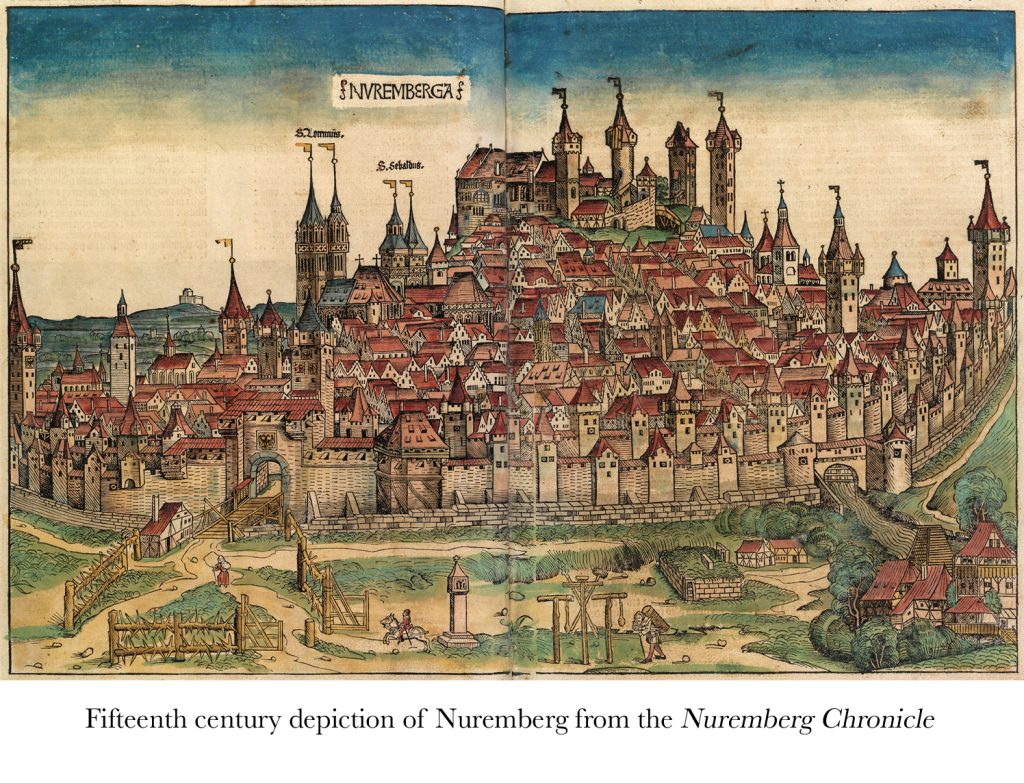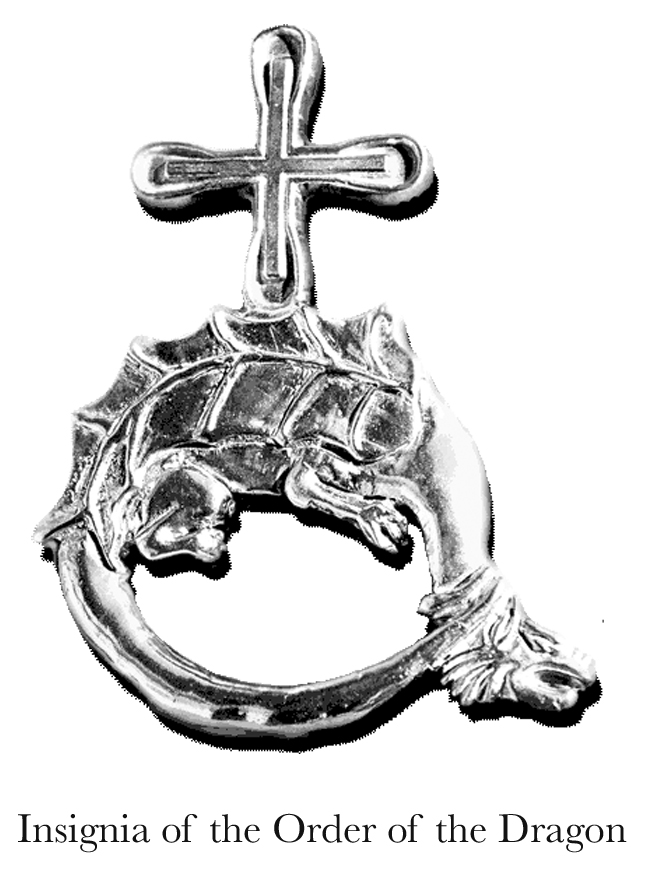The Untold Story of Vlad Dracul
Please Follow us on Gab, Minds, Telegram, Rumble, Gab TV, Truth Social, Gettr
Located at a crossroads between East and West, Eastern Europe has historically been a battleground for major empires. The conflict in Ukraine is a stark reminder that this is no less true today than it was during the Middle Ages. During the fifteenth century, when the Ottoman Empire and the Kingdom of Hungary fought for control of the region, Vlad the Impaler, better known as Dracula, fought to resist the expansion of Islam into the region, giving rise to a legend.
Stories of Dracula have fascinated people around the world for generations. Both the fictional vampire created by the Irish author Bram Stoker at the end of the nineteenth century and the fifteenth-century prince called Vlad the Impaler, the historical Dracula, have become part of universal culture. Yet few realize that the Wallachian ruler dubbed “the Impaler” is not the original Dracula. Instead, that distinction belongs to his father, a little-known prince called Vlad Dracul.
Dracul – Of the Father is the award-winning biography of the elder Vlad, who gained the sobriquet Dracul or Dracula when Holy Roman Emperor Sigismund of Luxemburg initiated him into the Order of the Dragon in Nuremberg in February 1431. Vlad Dracul was among the most important political personalities of his day. He far surpassed his more famous namesake in those qualities that define a great ruler. Vlad Dracul struggled to protect the independence of his land, under the most difficult of circumstances, against the threats posed by both of his powerful neighbors, the Ottoman Empire and the Kingdom of Hungary. In so doing, he in no small way contributed to the survival of his principality at a time when Ottoman expansion in the Balkans expunged countries such as Bulgaria and Serbia from the map of Europe. This was no small feat. Wallachia and its sister principality, Moldavia, would survive to form the basis for modern Romania in 1859.
‘NO AD’ subscription for CDM! Sign up here and support real investigative journalism and help save the republic!‘
There have been many books devoted to the study of Vlad Dracul’s famous son, Vlad the Impaler (chief among them the excellent biography Vlad III Dracula: The Life and Times of the Historical Dracula by Kurt W. Treptow), but any search for the historical Dracula must begin with the story of the father, and Dracul – Of the Father does just that. Based on extensive documentary research, the true story of the man who founded the Dracula dynasty is revealed in this fascinating biography. Much more than the story of just one man, however, the book provides a comprehensive overview of the history of the region, tracing the origins of the principality up to the early fifteenth century, explained in a very accessible manner. This is especially helpful for anyone seeking to understand the complexities of East European history and the various peoples who helped to shape it.
Vlad Dracul emerges as an agile ruler, skilled at managing the delicate balancing act necessary to maintain the independence of his principality in face of the two great powers who sought to exert their influence over it. Vlad ruled during the period of the last crusades, during the final years of the Byzantine Empire before the fall of Constantinople to the Ottoman Turks. He fought to maintain the independence of his land and to defend Christianity against the threat posed by Islam, something that his famous son would continue when he assumed the throne.
Vlad Dracul was the son of Mircea the Old, the most renowned ruler of medieval Wallachia, and the man whom the Turkish chronicler Leunclavius described as “the bravest and most able of Christian Princes.” Mircea’s success during his forty-year reign depended on his military acumen and his diplomatic skill. His son inherited these qualities and applied them adroitly when he came to the throne in 1437.
During his reign, Vlad navigated through challenges such as the collapse of royal authority in Hungary following the death of Sigismund of Luxembourg and the increasing power of the Ottoman Empire that would bring an end to the Eastern Roman Empire in 1453. He wisely counseled against the Varna Crusade in 1444 that ended in disaster for the Christians and in the death of King Ladislas of Hungary, and he worked closely with the Burgundian efforts the following year when they launched a campaign along the Danube in search of the lost King, whom some believed had survived the battle at Varna. The chapter “Seekers of the Lost King” is a fascinating account of this little-known expedition.
This book provides an informed analysis of the most remarkable rulers of his day while also laying the groundwork for understanding the story of Vlad the Impaler, the historical Dracula, who continues to fascinate people all over the world. The Dracula dynasty would rule Wallachia for most of the fifteenth century, and the important role they played as defenders of Western civilization has left a lasting impact. Were it not for their heroic efforts, Islam would have extended its reach further into Europe with all of the disastrous consequences that would have entailed.
To understand what is going on in Eastern Europe today, knowledge of history is essential. The conflicts between great powers for control over this region have been ongoing for centuries. Dracul – Of the Father helps shed light on the origins of these conflicts and how the rulers who faced them responded to the challenges. There is much to learn from their story, as the diplomatic skills they demonstrated are sorely needed in the region today.
The book can be purchased at histriabooks.com and from all book retailers. The author, A.K. Brackob, is a specialist in East European history. His other books include Scanderbeg: A History of George Castriota and the Albanian Resistance to Islamic Expansion in the Fifteenth Century, and Mircea the Old: Father of Wallachia, Grandfather of Dracula.






2 comments
The true Dracula story is fascinating, and it also helps one to understand the history of the region.
I commend the true scholars of this period, for much was not recorded. In fact some of the Dracul family joined, and were later elevated to prominent positions in the Ottoman Empire; others turned against each other.
The most entertaining story is of Vlad the Son who was a Peacemaker Extraordinaire.
The Ottomans send a group of emissaries to Vlad to negotiate an armistice. The story goes that Vlad entertained the Ottomans with a great feast, dancing girls and all. But trouble started almost immediately after Vlad requested of his guests to take off their turbans, as it is Christian custom for diners to eat with heads uncovered.
The chief negotiator said, “We’re sorry, but our custom is to eat with our turbans on our heads, Allahu Ahkbar, Blessed is his Scimitar!”
Vlad politely asked again, that since the emissaries were guests at his home in Wallachia, where turbans were almost unseen, “kindly remove your turbans until after the feast.” The Ottmans looked at each other, smiled and resumed eating, ignoring Vlad’s pleas.
Vlad whispered quietly into his aid’s ears, who shortly left the room. A minute later the doors flew open as Vlad’s bodyguards ran into the room, shackled the Ottoman emissaries, and promptly nailed their turbans to their heads. Needless to say, peace did not break out.
Rather, the Ottomans, outraged, immediately attacked Wallachia. But Vlad was ready, and after slaughtering many, he captured about 20,000, whom he immediately impaled on ten foot stakes. He then placed the bodies on their stakes, like lamp posts, all the way north toward Vienna.
The Ottomans learned shortly the the Gates of Vienna will remain closed to Mohamed for the foreseeable future. The Budapestians felt the same way, and still do to this day.
That feeling was clearly seconded by the Hungarian prime minister’s fifth landslide victory – a huge middle finger message sent to the Soros-Obama-Clinton-Biden-Kerry-EU Cabal.